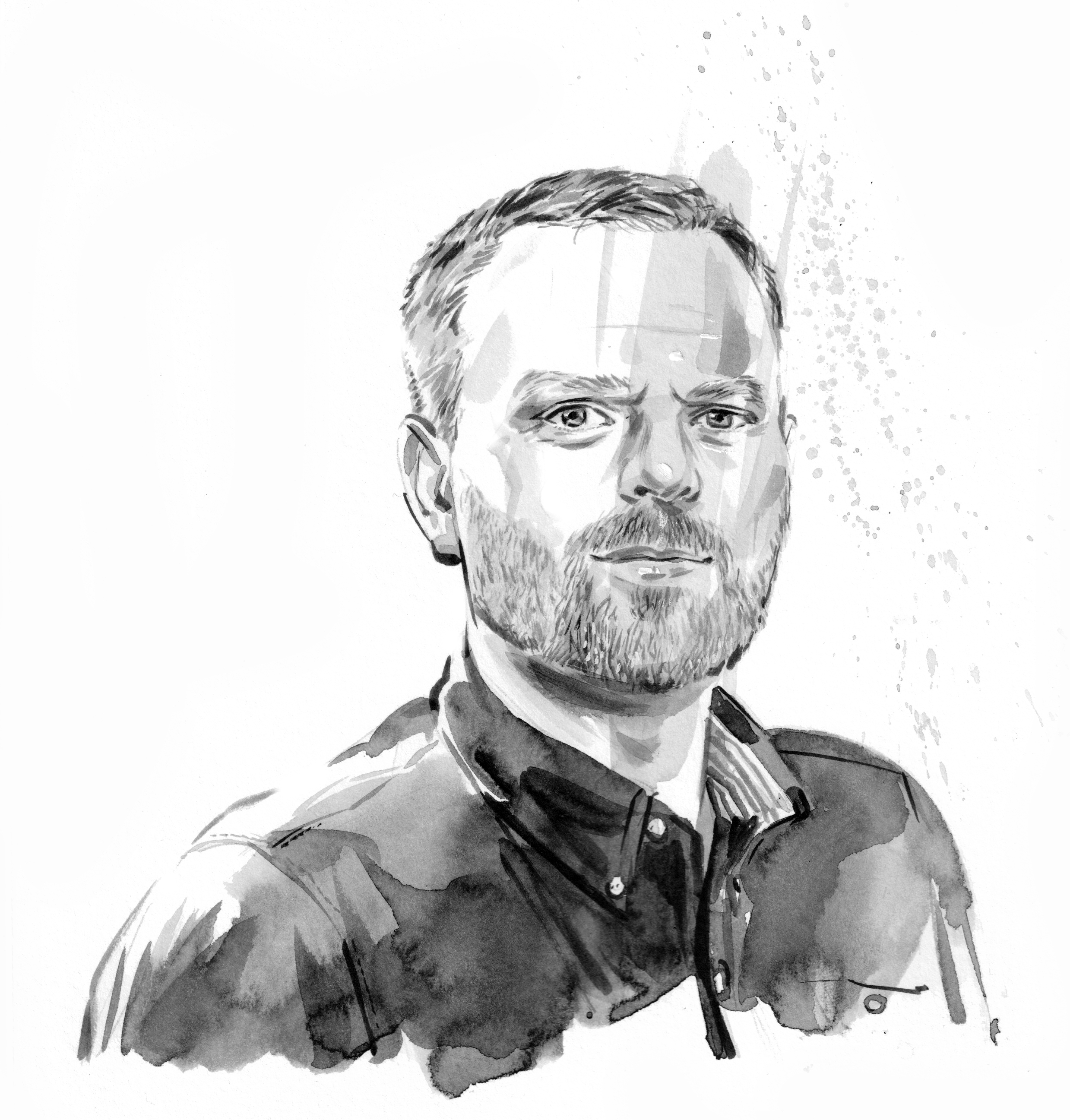In the business consultancy world, they tell you to put ideas on a scale of three.
A “one” idea is the safe bet: it’s not too ambitious, not too intimidating and within the current remit of what you are doing already. A “two” idea is something that stretches you, opens up new areas and slightly scares you. And a “three” idea makes every person in the room look at you like you’ve lost your grip on reality: it’s outrageously ambitious, completely outside the known parameters of people’s current vision and seemingly completely unworkable.
Think of a bakery trying to boost revenue. A “one” idea might be to use white chocolate icing instead of your usual choice of dark chocolate. A “two” idea might be to add a line of pastries to your usual offering of cakes. And a “three” idea would be to question whether anyone had time to eat a cake anymore and decide instead to blend all your products into a thick, quickly consumable sludge drink to meet the instant gratification requirements and time-poor nature of the millennial life.
Ideally - for any person, organisation, or sector that wants to progress and improve - you want “two” ideas to set the agenda.
But the argument from the consultants is that the only way you achieve a “two” idea is for someone to pull you vigorously away from your natural inclination to settle for a “one” idea. And the best way to do that, they say, is to raise the possibility that you might actually be made to do the “three” idea. Horrified, you suddenly find the “two” idea more plausible and more acceptable.
In subtle, ingenious ways, I have seen people prove this theory many times over. And I’ve been thinking about this a lot over the past week.
Wednesday 23 March marked two years since schools first closed their doors to all but a small group of pupils. This week, we have reflected on what happened across the pandemic period in some detail.
Sam Freedman, our excellent policy columnist, dissected the government failures with his reliable ability to pinpoint the multiple symptoms of larger systemic failures. Meanwhile, Henry Hepburn and Emma Seith found some incredible examples of the heroism of teachers who have had to work within a traumatic and attritional environment for 24 months.
A future of big ideas
It’s healthy to look back in this way: to learn, to celebrate, to recognise and process, and, yes, to judge. We’re pretty good at that in the UK. Our history surrounds us and our self-analysis is candid and often brutal (yet we have room to improve, of course). But it’s equally important to look forward, and it’s here that we Brits can fall down.
Intuitively conservative, we will always look to the future in small steps made up of “one” ideas. And in education in particular, which reverberates with constant threats of change and where leaps of faith can lead to a lost generation of failed children, caution seems sensible.
Indeed, post-pandemic, you could argue that “one” ideas are exactly what education needs. The profession and pupils need to heal, the learning needs to be consolidated, the system needs to settle. I have a lot of sympathy for that view.
And yet the pandemic demonstrated just how flexible education can be and just how far existing practice can be questioned. It was exciting to see teachers empowered to voice opinions, to lead change, to think outside the box.
Freed from accountability and with the rulebook out of the window, innovation thrived and so did those who work in schools. We need more of that empowerment of teachers to innovate in more “normal” times if we really are to ensure every child has an equal opportunity for success.
So it was with great pleasure that I read the threads emerging from the Twitter feeds of the Tes journalists attending the World Education Summit and BETT this week. Here, suddenly, you had a range of thinkers throwing out “three” ideas like a stack of marked homework.
Chief among them was Professor Sugata Mitra, who has a long history of shaking the education tree to see what might fall out. You can read his vision for the future of education on this thread from Tes senior analyst Grainne Hallahan. But there was also this fabulous provocation from professor Yong Zhao.
On social media at least, my pleasure was not shared. The reaction to Mitra’s ideas, in particular, was hostile. The belief appeared to be that these types of views are dangerous because they threaten to derail education and fail a generation of children.
But that would only be true if Mitra believed he was proposing “two” ideas and the system took them in that way. That’s incredibly unlikely. I don’t think he sees it that way and I don’t think anyone seriously expects his ideas to be rolled out in a White Paper as policy.
What I think Mitra and those like him are actually doing - whether consciously or not - is prodding, challenging and shocking in order to provoke a reaction. And what I think this does - if we are sensible in how we view it - is force educational thinking into new “three” idea spaces. The end result is that we move away from “one” ideas and towards “two” ideas.
Yes, education needs to consolidate, to heal, to settle. But it also needs to challenge itself if it is to progress and improve. I think the likes of Mitra can help that process. And I think, deep down, the very best teachers understand the value in this, because it is similar to what they do for their pupils every single day.
Jon Severs is the editor of Tes magazine





